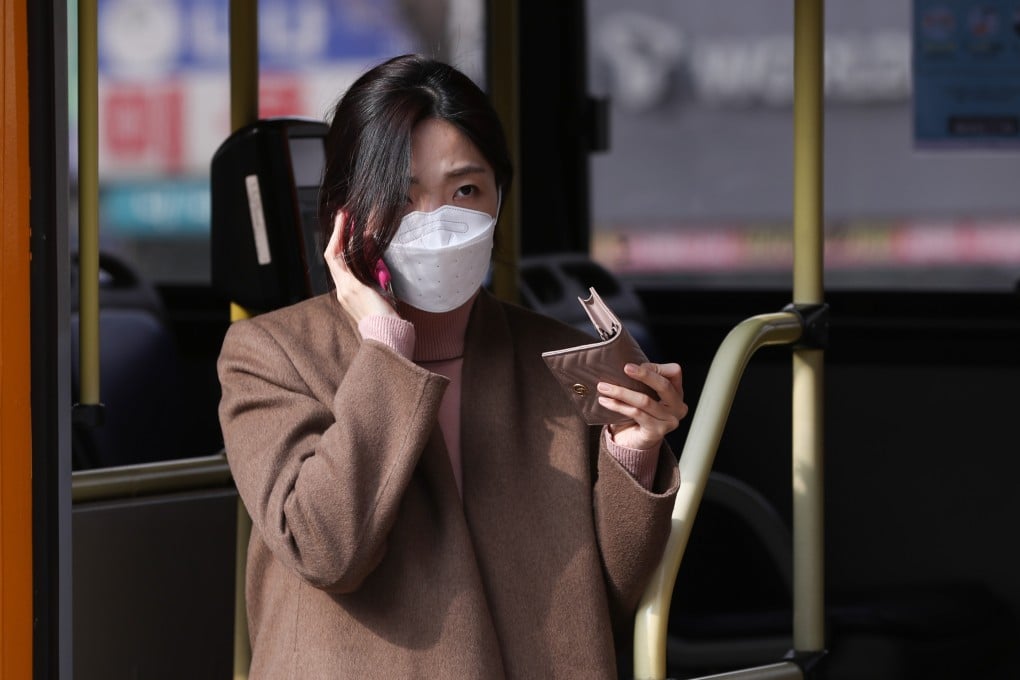Number of new coronavirus cases reported in South Korea tops China for first time
- Seoul reports 505 people were infected with Covid-19 – the largest jump the country has seen in a single day
- Leading Chinese respiratory specialist says number of infections could have been greatly reduced if country had acted earlier

In South Korea 171 more cases were recorded on Thursday afternoon in addition to the 334 reported in the morning, bringing its total infections to 1,766, Yonhap News Agency reported.
It was the country’s highest number of infections reported in a single day, and a further death raised the country’s toll to 13.
Iran, another hotspot, reported 141 confirmed cases and 22 deaths on Thursday.
China’s National Health Commission said 409 of its new cases had been reported in Hubei province – the epicentre of the epidemic.
So far, 78,497 people on the Chinese mainland have been infected. There were 29 new deaths reported on Thursday morning, bringing the death toll to 2,744. The commission said a total of 32,495 patients had recovered from the illness.
But the number of new cases outside Hubei rose to 24, up from nine and five cases respectively in the previous two days.